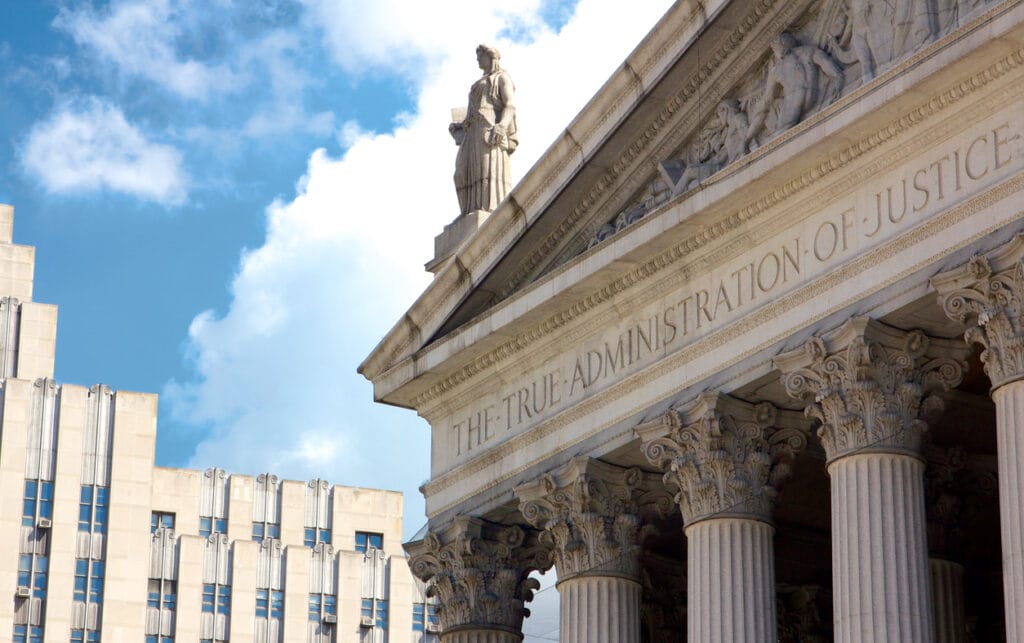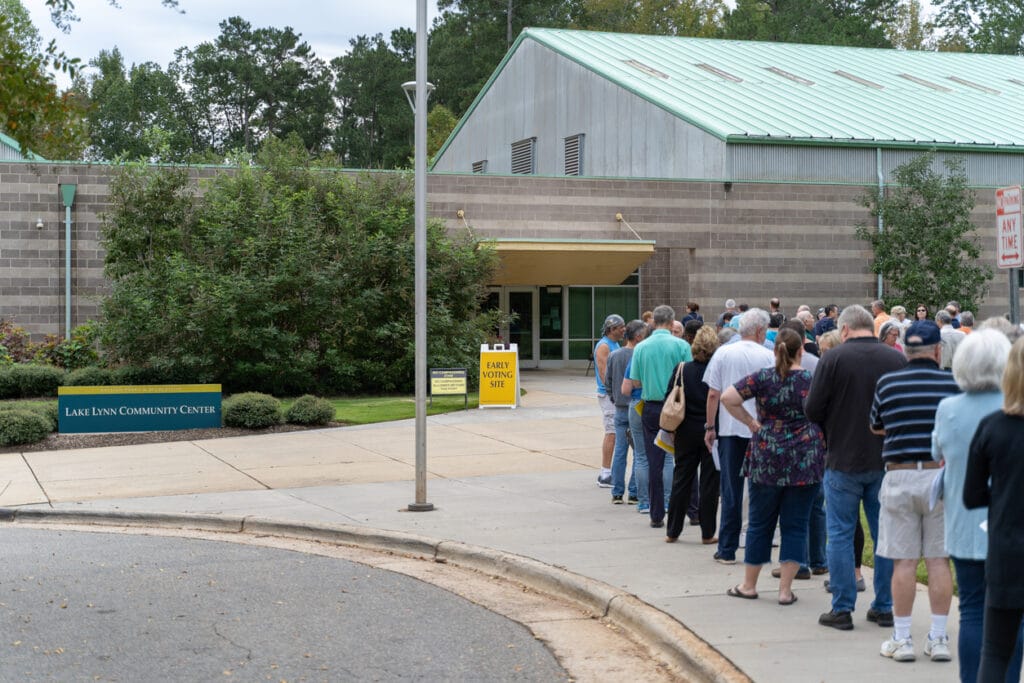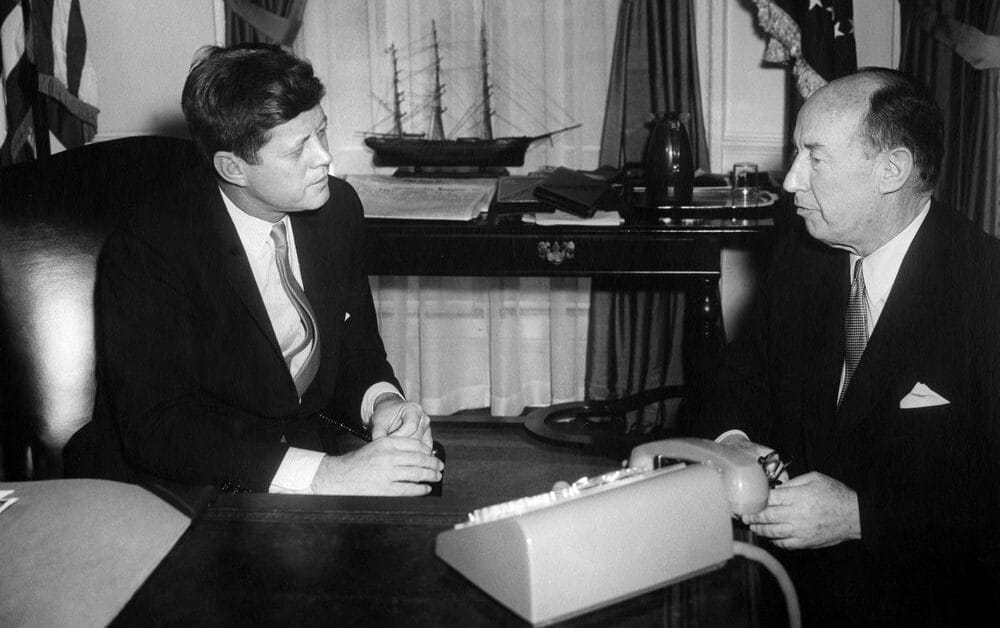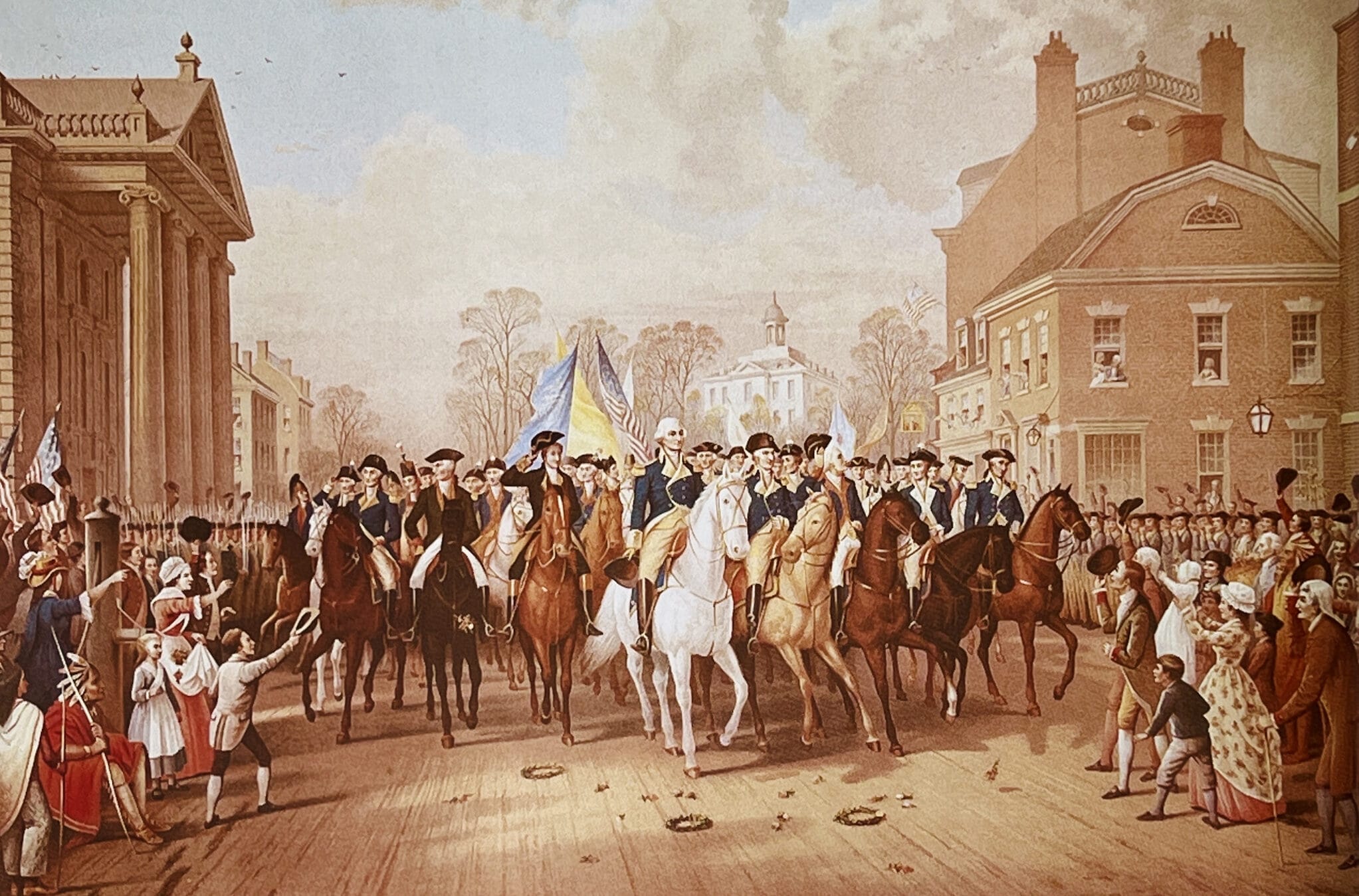States run elections, giving state judicial elections oversized importance

With all the drama surrounding the 2024 presidential campaign, it is easy to forget that we do not have a national election. Instead, we have 50 state elections (plus the District of Columbia for presidential elections). How those elections are conducted is subject to state constitutions as interpreted by their respective high courts, making the composition of state supreme courts at least as important as the composition of the United States Supreme Court for interpreting election law.
The rules for elections can vary widely from state to state. For example, several states conduct almost all-mail elections, while others require most voters to vote in person.
That is no accident. The Elections Clause of the United States Constitution makes it clear that state legislatures have primary responsibility for regulating elections:
The Times, Places and Manner of holding Elections for Senators and Representatives, shall be prescribed in each State by the Legislature thereof; but the Congress may at any time by Law make or alter such Regulations, except as to the Places of chusing Senators.
The federal government has a role in elections, but it has mostly been limited to setting broad rules (such as in the Voting Rights Act and the Help America Vote Act). The nuts and bolts of elections are set by state law and run by state and local governments.
While the Elections Clause grants state legislatures the power to set the “Times, Places and Manner of holding Elections,” the Supreme Court ruled in Moore v. Harper (2023) that nothing in that clause “divests state constitutions of the power to enforce checks against the exercise of legislative power.” So, state high courts are essential in determining whether election laws and practices comply with the respective state constitutions.
Voters, in turn, have a role in choosing the composition of high courts in the 32 states that have some form of election for those courts. When considering intermediate and lower courts, only seven states have no judicial elections.
While we may like to think that judges make impartial decisions based on a dispassionate reading of the law, experience has shown that variations in judicial philosophy, if not political ideology, can produce very different decisions depending on which side is in the majority. That is why the United States Supreme Court nominations have become high-stakes political battles.
Likewise, state judicial elections, especially at the high court level, can determine which laws and practices can be enforced and which are struck down. Recent cases in Wisconsin and North Carolina illustrate how critical judicial elections can be for election law.
The Wisconsin Supreme Court ruled in 2022 that absentee ballot drop boxes were not permitted under state election law. Just two years later, the same court ruled in a different case that local election officials could choose to use drop boxes at their discretion.
What caused the court to change its collective mind about drop boxes? It was not a change of opinion but a change of personnel. A nonpartisan election for a single seat on the Wisconsin Supreme Court in 2023 flipped the court from a 4–3 conservative majority to a 4–3 progressive majority.
The North Carolina Supreme Court did not even wait for new cases to reverse itself; instead, it issued new rulings on cases it had decided months earlier.
A 4–3 Democratic majority, knowing that they would likely lose two seats in partisan elections in 2022, bypassed the normal judicial process to hear two cases early. They overturned voter ID and legislative maps drawn by the state legislature just days before the end of the term. That last-minute filing allowed the incoming 5–2 Republican majority to rehear both cases. Just as in Wisconsin, the new majority reversed the old majority, restoring voter ID and declaring redistricting a nonjusticiable political question outside the court’s purview.

Political activists and donors have increasingly recognized the importance of state judicial elections, as Nathaniel Rakich explained in FiveThirtyEight:
Until about a decade ago, though, elections for state supreme courts were usually only the province of wonky election nerds and those in the legal profession. But things changed in the early 2010s. “There was a recognition, especially on the right, that these courts were major players in high-profile policy fights,” said Douglas Keith, an expert on state courts at the Brennan Center.
Staggered terms on a state high court (as is the case in most states) mean that the party out of power in the statehouse and governor’s mansion can sometimes still count on a friendly court system in policy fights.
The importance of state judicial races means they are becoming high-dollar affairs. The 2022 election saw record-high spending on judicial races. That included over $9.1 million spent on a state supreme court race in Pennsylvania, $28.7 million for three seats in Illinois, and $17.7 million for the two seats Republicans flipped in North Carolina. A year later, over $56 million was spent on the race that flipped the Wisconsin Supreme Court to progressives.
In 2024, judicial elections will be held in 33 states, with ideological control of several court systems in the balance. Judicial races at all levels have far-reaching consequences. Those who sit on the bench can determine the severity of sentences for those convicted of crimes and sometimes whether someone is convicted at all. State appeals and supreme court races can be just as consequential as legislative or governor’s races for policy questions, including election policy.
While we may be transfixed on all the drama at the top of the ballot, we should take the time to learn about judicial candidates and vote in those down-ballot races as well.
Andy Jackson is the director of the Civitas Center for Public Integrity at the John Locke Foundation in Raleigh, North Carolina.



